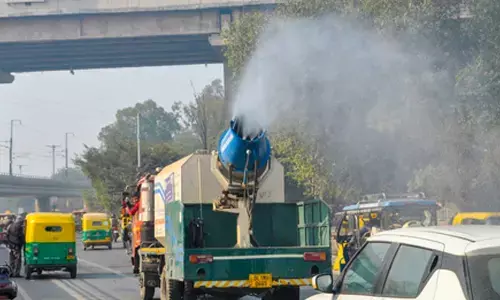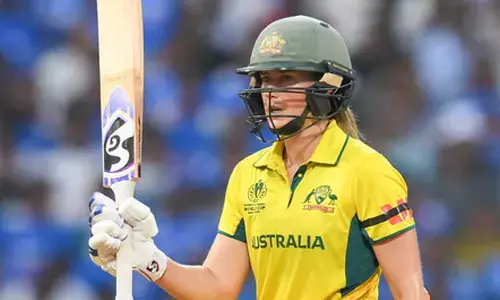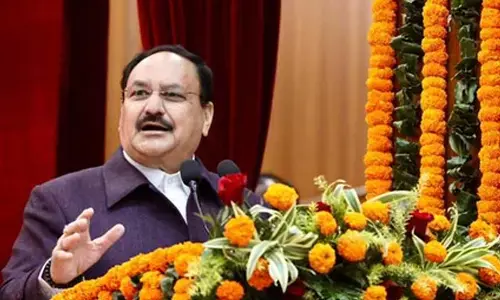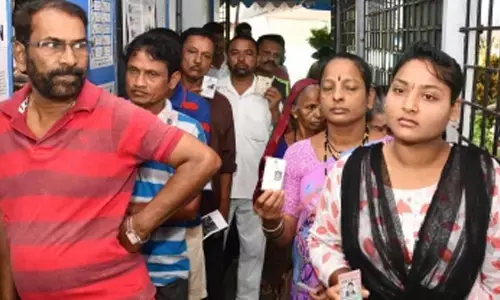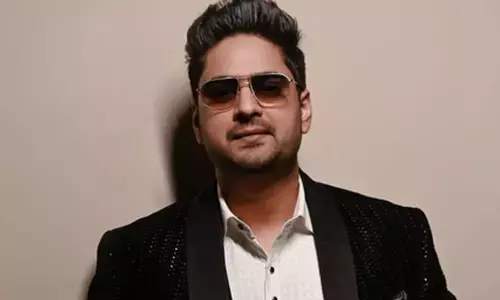RaGa’s regressive caste politics
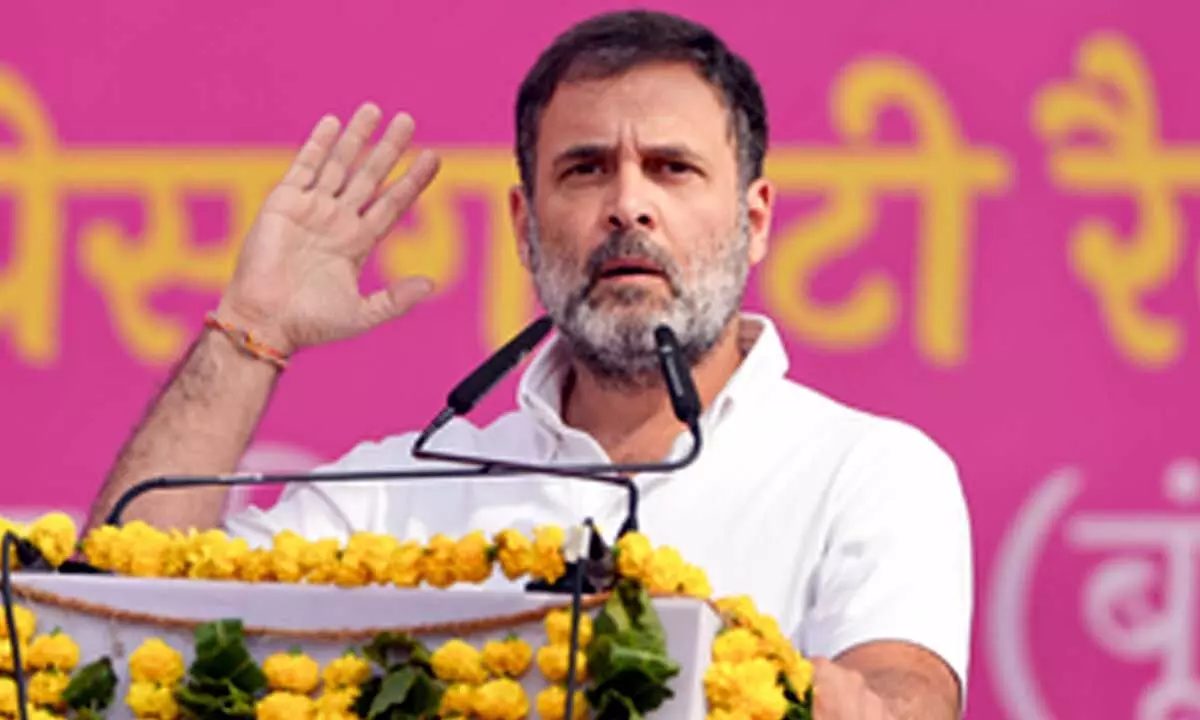
Rahul Gandhi
Is Rahul Gandhi cutting himself off from the youth with his caste politics? For some time, he has been consistently talking about caste and each of his public speeches is heavily loaded with references, often in a clear provocative style
Is Rahul Gandhi cutting himself off from the youth with his caste politics? For some time, he has been consistently talking about caste and each of his public speeches is heavily loaded with references, often in a clear provocative style. He may believe that by talking about caste blatantly, which his party never exhibited so openly, he will jitter a sensitive nerve in the society and break the BJP’s ‘Hindu’ spell. But he seems to be overlooking the fact that this period is different. For a majority of the young population in India, the priorities are good education, a paying job, a sound social circle, a mobile phone, laptop and enough space to enjoy and explore. For them, the circle includes those with whom the ‘vibe’ gets matched and which often transcends caste and religion. More youths want and aspire for a cosmopolitan life and caste seems to be the least concern for many of them.
The political hawks may say that the population of such youths is not that big and caste continues to remain one of the top societal concerns. It may be true in certain pockets and regions, but the recent state elections have proven that caste is no longer the basis for voting a candidate. Had it been so, the electoral results in Madhya Pradesh, Chhattisgarh and Rajasthan would have been different.
Even before these three, the electoral results would not have been so in 2014 and almost every election after that. Had elections in India only been caste-influenced, then Mayawati’s Bahujan Samaj Party (BSP) would not have been in such a bad state in Uttar Pradesh. So would not have been Akhilesh Yadav’s Samajwadi Party.
The truth is that the Congress has been going down consistently and the BJP’s vote share is ever on rise. The Congress party won 52 seats in the 2019 Lok Sabha elections, just eight seats more than its 2014 tally. Its vote share -- 19.5 per cent -- was almost the same as 2014. On the other hand, the BJP increased its seat tally and vote share in consecutive elections, since its defeat in 2009. After winning a majority with 282 seats in the 2014 Lok Sabha elections, the BJP further extended its lead by 21 seats to 303 in the 2019 polls. Even in the Assembly elections, the Congress performance has been dismal. Except Telangana and Karnataka, where the victory was more because of the efforts of the local leaders, the party is nowhere else to be seen.
The Congress has not only lost elections, big or small, it has also lost a number of its leaders, both young and veterans, and even those whose families for generations had been with the Congress. Most were disillusioned with the top leadership, including Rahul Gandhi, and directly or indirectly blamed him for a lot of ills that have crept within the party.
Rahul Gandhi’s sudden interest in caste-based politics stems from the fact that it has been losing out heavily since 2014 in wooing the OBCs since the advent of Narendra Modi, who is himself from the backward caste, on the national scene.
With Modi’s kind of politics, almost all castes are voting for him. And this is proven by the increasing vote share of the BJP. The saffron party’s all-India vote share in the 2019 Lok Sabha election – 37.6 per cent – was almost double that of 2009 – 18.6 per cent. This was largely due to the party’s inroads into the voting base of OBCs, Adivasis and Dalits. While BJP seems to be growing beyond the caste-dynamics, Rahul Gandhi has pushed his party into regression. Whether inside Parliament or outside, he has been systematically making pinpointed references to caste equations. During the discussion on the Women Reservation Bill in Lok Sabha last year, he pushed for a separate quota for OBCs in the bill and also pushed for the Caste Census data to be released. In 2023 also, he said in a conclave, “I was shocked that out of 90 people (Secretaries) who controlled the government of India, only three are from the OBC community.”
Gandhi’s caste references have become more aggressive of late as the elections to the Lok Sabha near. In the western Odisha town of Jharsuguda on February 8, Rahul Gandhi during his Bharat Jodo Nyay Yatra accused PM Modi of lying that he was born in the Other Backward Class. “Your Prime Minister was not born OBC and he was born in a general caste. He was born in Teli caste in Gujarat. The BJP government had included his caste in OBC category in 2000. He keeps lying everywhere that he was born OBC.”
However, this allegation was trashed by the BJP which came out with the facts that the status was granted to the community by the Congress supported government in Gujarat in late 1990s.
Rahul Gandhi may be under immense pressure to prove himself, but that does not mean that he should resort to narrow politicking. And, this is something which is too obvious for anyone, including the youth of the country, to ignore. With 66 per cent of India’s population below the age of 35, can anyone afford to be regressive? The leaders and more so Rahul Gandhi, need to understand this.


